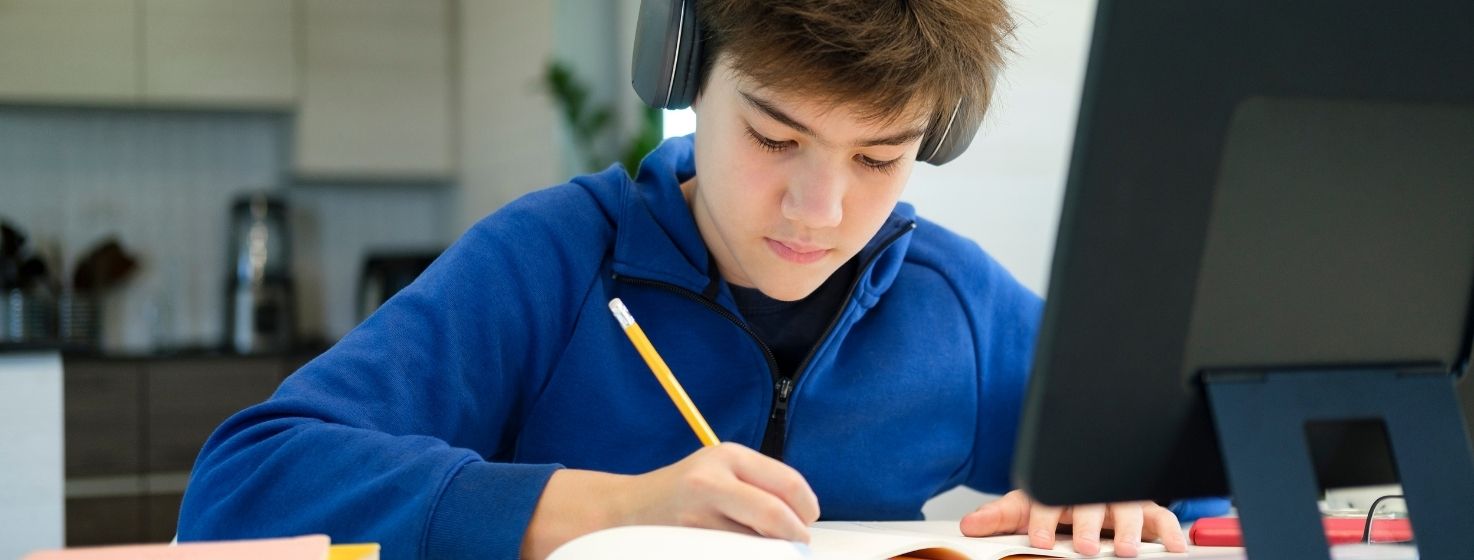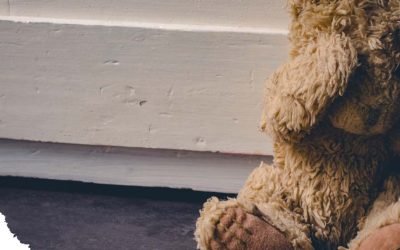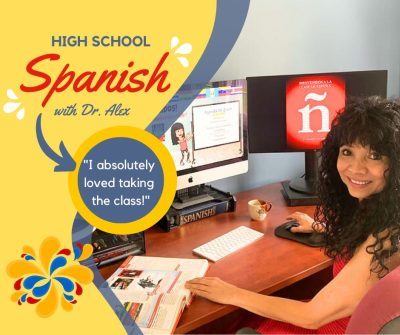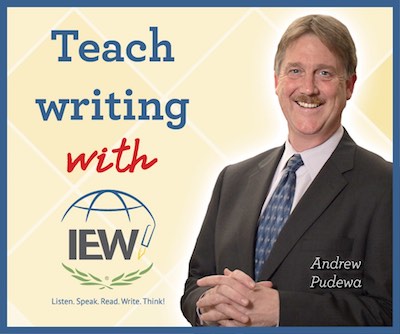Sorting It All Out
Is that a homeschooler I see taking classes online? No, that’s a homeschooler over there working with his Mom. That can’t be right; the homeschoolers I know attend classes at the downtown co-op. What about the ones in educational communities with paid teachers? Wait! They say that the student taking his classes online is actually a public school student. How can that be??
Hmm.
Can he be a homeschooler if he’s taking classes at the local high school? What if she’s taking dual enrollment at the local college?
Truth is that a public school student might be at home all day while a homeschooler might rarely be. Things have certainly become confusing when it comes to students being taught at home! Even more options loom on the horizon – like charter schools, learning pods, and microschools.
So what IS a homeschooler these days?
Let’s clear it up a bit.
Reduced down to its legal definition, a West Virginia homeschooler is a student being educated per WV Code 18-8-1, exemption c. And that’s the bottom line.
A student who is being educated under any other option is not a homeschooler, regardless of what his or her education looks like.
Therefore, a public school student schooling at home is not a homeschooler. She may sit in front of a computer screen just like the homeschooler down the street, but that doesn’t make her a homeschooler.
Nor is the Hope student next door. He, too, may be sitting in front of a computer screen. But he is different from both the homeschooler and the public-school-at-home student.
Why does it matter?
Two reasons:
- Freedom
- Being legal
FREEDOM
Homeschoolers want to maintain our hard-won freedoms, secured over the past 30+ years.
The issue pretty much starts with compulsory attendance laws. Back in 1897, controversial attendance laws began to be passed. Many parents were upset and pushed back, but by the 1920’s, those laws were largely entrenched. Most parents don’t even understand them now – nor think a thing about them.
However, these laws are why a student of compulsory age in WV must attend a public school. If a student does not, he is truant, a legal offense that can affect both the student as well as his or her parents.
Parents have worked very hard over the past half century to gain thoughtfully defined exceptions to the compulsory attendance law. These legally-recognized “exemptions” include the option to attend private, parochial, or church schools or to homeschool. In 2021 another exemption was added to the mix: to school with the Hope Scholarship.
Which legal exemption is used, in a sense, “defines” a particular student.
If a student requires no exemption, he is a public school student. That would include public-school-at-home students who take their public school courses online at home (or at Grandma’s or at Panera Bread…).
If a student comes under the private school exemption, he is a private school student – even if the schooling is done online at home because of Covid.
If a student schools under the 18-8-1c exemption, he is a homeschooler.
If he schools under the 18-8-1m exemption, he is a Hope Scholarship student.
Simple enough?
THREATS TO FREEDOM
If the state pays for it, the state wants to know how well the program works – and often adds additional requirements tied to the funding. As a consequence, educational options that are funded by the government usually carry more controversy and invite public debate.
Traditionally, homeschoolers have sought to be left alone. That seems fair because we have not asked for help from the state. Instead, we have been content to “opt out.” “Let us take our children out of the public school and educate them according to our own preferences.” And that has worked remarkably well for over three decades.
CHEWV and others are committed to protecting the hard-won freedom for parents to completely “opt out.” Nothing wrong with that.
Others are committed to win the right to opt back in for certain activities. Or to receive funding for their educational choice. The important thing to remember is that each exemption was hard-won separately from the others. And if one falls, it’s to everyone’s advantage to avoid a domino effect! Each option must rise and fall on its own merits.
BEING LEGAL
All students need to be schooled legally – to not be truant. Being legal, however, isn’t about the location of the schooling. During the Covid quarantine, a student learning online at home could have been a private school student, a homeschooler, or a public school student. The location wasn’t the defining factor.
Instead, being legal is either attending public school or meeting the requirements of an exemption. One must still recognize, though, that the legal requirements of the private school exemption versus the homeschool exemption versus the Hope scholarship exemption are completely distinct from one another. What is required under one exemption is not the same as what is required under another exemption. Therefore, it’s a no-brainer to separate the students by exemption in order to be sure they are satisfying the requirements.
So, in the end, staying legal is about knowing which exemption is being used and what the requirements are.
In Conclusion…
Maybe someday compulsory attendance will be replaced by a system where all educational approaches, public and otherwise, will all be equal choices marketed to parents. But until then, the only options will be through exemptions to the compulsory attendance law.
Which exemption do you school under?









Recent Comments